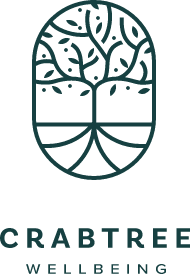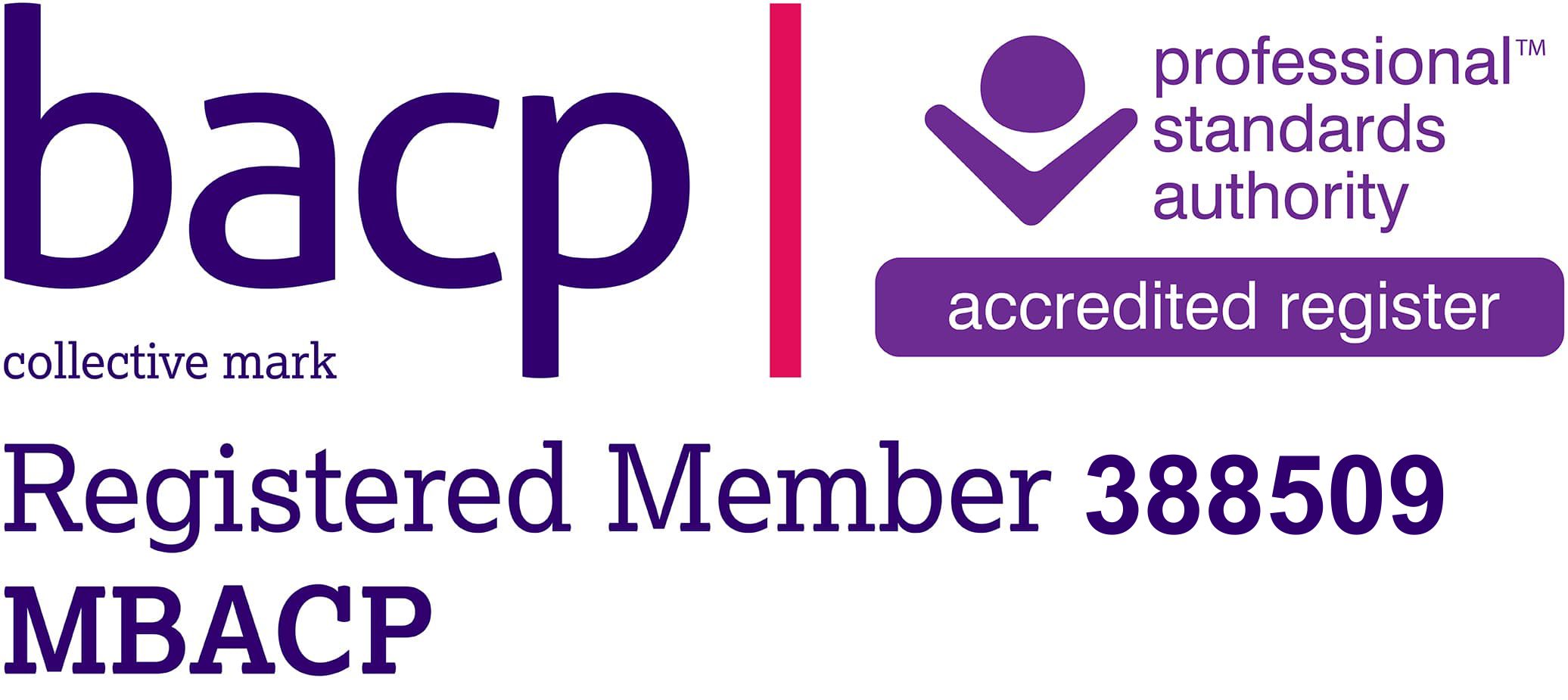People experience grief after bereavement or loss of something or someone important to them; for example, people might experience grief after the death of a loved one or pet, the breakdown of a relationship, or loss of a job or home.
People experience grief in different ways and there is no right or wrong way to experience grief. Common symptoms of grief can include numbness, shock, pain, sadness, exhaustion, anger and guilt.1,2 The physical effects of grief can also include loss of appetite, difficulty sleeping, anxiety symptoms and physical pain.2
Grief and depression may share a number of characteristics, but they are different; grief is a normal, natural response to loss whereas depression is an illness.1
Feelings of sadness and loss can fluctuate when people experience grief, but people may still enjoy things and look forward to the future. However, when people are depressed, feelings of sadness can be constant and it might feel like there is no hope for the future.1
References:
1 https://www.nhs.uk/mental-health/conditions/clinical-depression/symptoms/, accessed January 13th 2020
2 https://www.cruse.org.uk/understanding-grief/effects-of-grief/feelings-when-someone-dies/ accessed January 13th 2020



